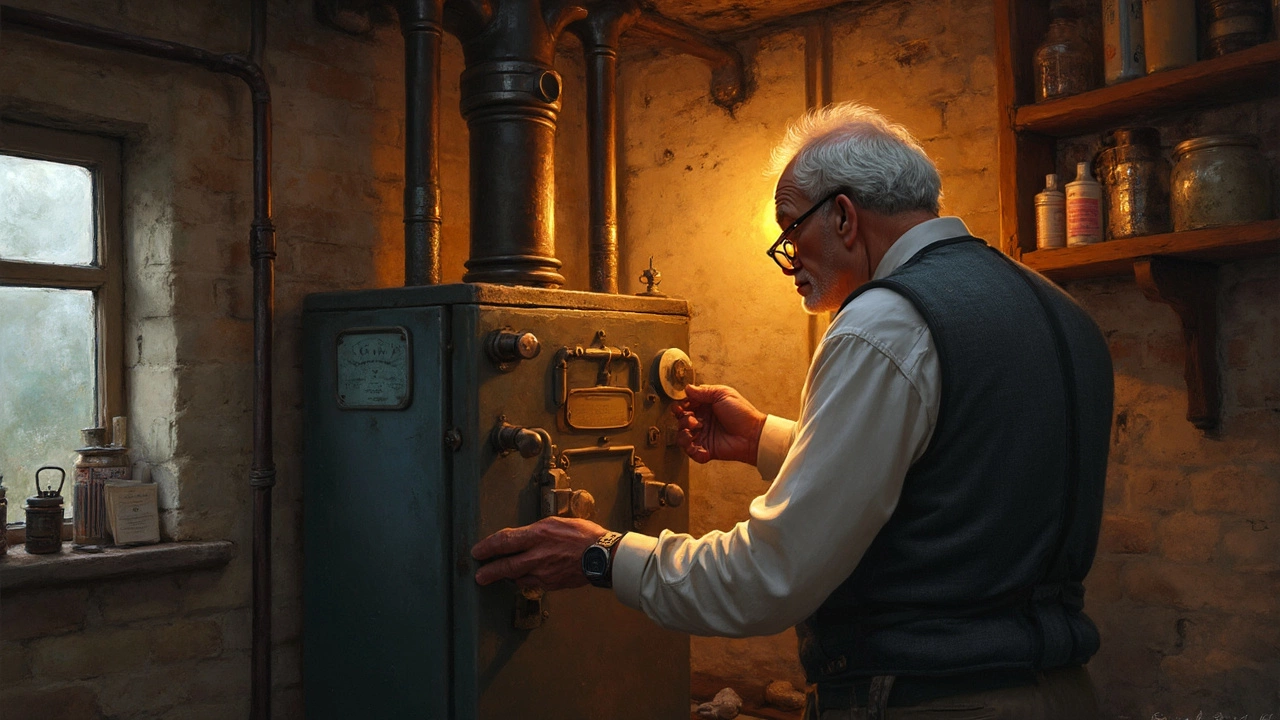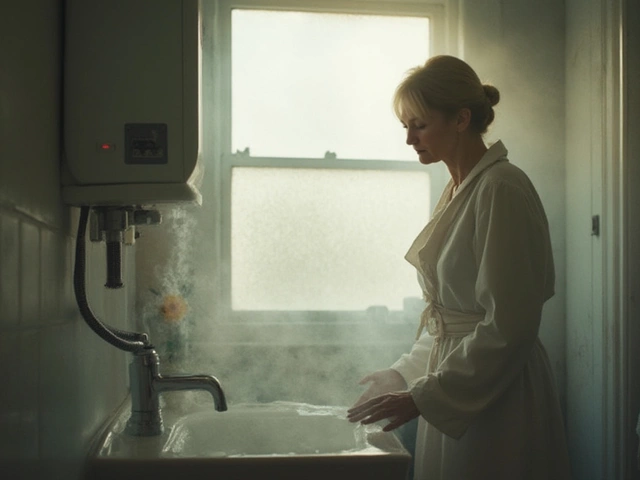If your boiler is acting up, you might wonder whether a simple fix will do or if it’s time to replace the whole unit. The right answer saves you money, keeps your home warm, and avoids dangerous situations. Below we break down the obvious signs, the real costs, and the practical steps you can take yourself or with a pro.
First, look for the warning lights. A boiler that constantly trips the safety valve, shows error codes, or runs out of hot water in a few minutes is usually past its prime. Age matters too – most gas boilers last about 10‑15 years. If yours is older, corrosion, rust, or loud knocking noises often point to a failing heat exchanger.
Another red flag is increased energy bills without a change in usage. An inefficient boiler works harder to heat water, pushing your bills up. Finally, if you’ve had more than two major repairs in the last year, the math often leans toward replacement. Keeping track of repair receipts makes this decision easier.
Replacing a boiler isn’t cheap, but it’s an investment in safety and efficiency. In the UK, a new condensing boiler plus installation typically runs between £1,500 and £3,000. Prices vary by size, brand, and whether you need a new flue or pipework. Some local councils and energy suppliers offer rebates if you choose a high‑efficiency model, which can shave a few hundred pounds off the total.
Can you do it yourself? Only if you’re a qualified Gas Safe engineer. Working with gas lines is dangerous and illegal for unqualified homeowners. However, you can prepare the site: clear the area around the old unit, label the pipework, and arrange for waste disposal. A professional will then handle the gas connection, pressure tests, and final certification.
If you’re on a tight budget, consider a thorough service first. A yearly boiler service can catch minor faults and improve performance, sometimes extending the life by a couple of years. Regular flushing of the system removes sludge that makes the boiler work harder.
When you decide to replace, choose a reputable installer. Look for Gas Safe registration, read reviews, and ask for a written quote that lists parts, labor, and any additional work like new controls or thermostats. A clear quote prevents surprise costs later.
In short, replace your boiler when it’s old, noisy, inefficient, or has a history of repairs. Weigh the upfront cost against ongoing energy waste and potential safety hazards. Let a certified professional do the heavy lifting, but you can still play a role by preparing the space and staying informed about the process.
Got a boiler that’s giving you trouble? Use these pointers to decide if a fix will do or if a fresh unit is the smarter move. Your comfort and safety are worth the right choice.

Boiler lifespan can vary greatly depending on usage, maintenance, and type. On average, boilers last anywhere from 10 to 15 years. Regular maintenance is key to prolonging the life of your boiler and ensuring it functions efficiently. In this article, discover how to keep your boiler in top shape and when it might be time to replace it.

Wondering why your water heater keeps needing a reset before you get hot water? Learn the real reasons, what you can safely check, and when it’s time to call for help.

Stuck between fixing or swapping your boiler? Discover the real facts, costs, tips, and how to make the right call for your property, budget, and comfort.

Deciding whether to repair or replace a refrigerator can be a puzzling task for most homeowners. Factors like the age of the fridge, the cost of repairs, and energy efficiency play crucial roles in this decision. Getting a new fridge might seem attractive with the latest features, but sometimes repairing your old one is the better choice. Before making a move, it’s essential to weigh the pros and cons to make an informed choice.

A malfunctioning boiler can be a real nuisance, especially during the cold months. Understanding whether a broken boiler constitutes an emergency is crucial. This article provides insights into when to prioritize boiler repairs, potential risks associated with delayed attention, and essential DIY tips to consider before professional help arrives. Dive into valuable advice on maintaining your heating system efficiently.

Choosing a cooker that stands the test of time can be daunting amid a sea of brands promising longevity. This article delves into which brands have stood out for their durability and reliability. By exploring user experiences and industry insights, it aims to guide you in the right direction. Discover how some brands maintain their reputation for endurance and what to consider when selecting your next appliance.